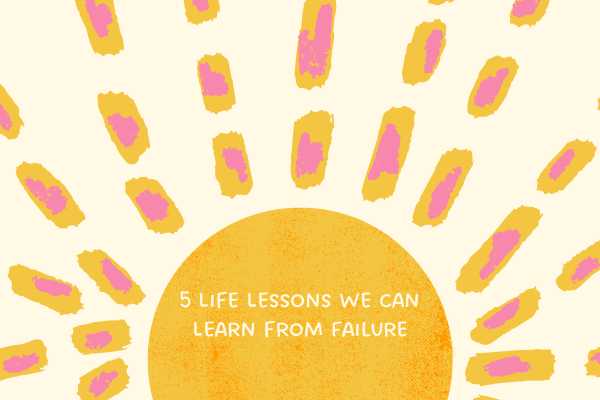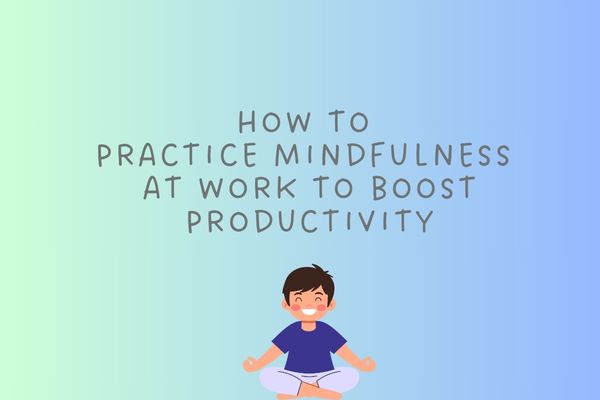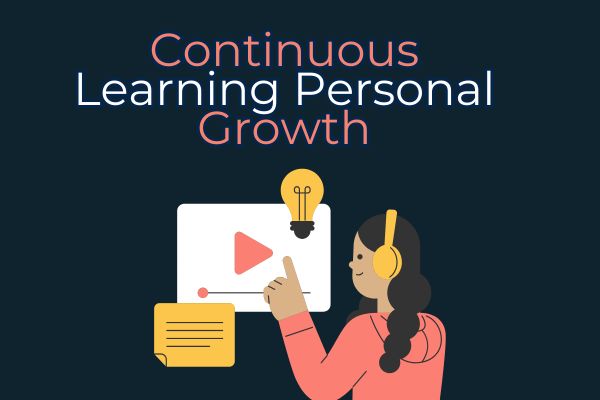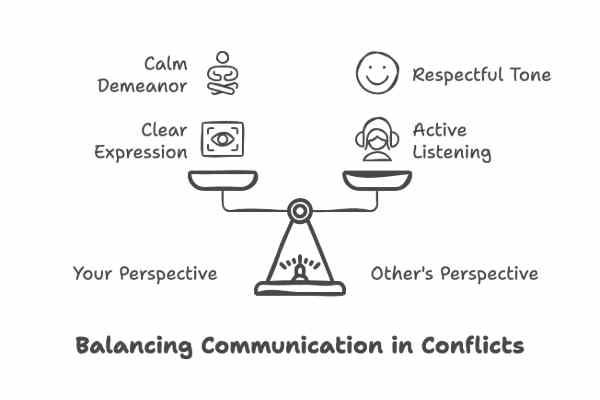Failure is an inevitable part of life. Whether it’s in relationships, careers, or personal goals, everyone experiences setbacks. Society often portrays failure negatively, but in truth, failure is one of the most effective teachers. It challenges us, helps us grow, and ultimately shapes who we are.
In this article, we’ll explore five transformative life lessons we can learn from failure. By understanding and embracing these lessons, we can turn setbacks into stepping stones toward success.
1. Failure Builds Resilience
Life is full of ups and downs, and failure often feels like one of the deepest lows. However, enduring failure strengthens our ability to bounce back, making us more resilient.
Why Resilience Matters
Resilience is the mental toughness that allows us to recover from adversity. It helps us navigate challenges without giving up. The more we face and overcome failures, the better equipped we are to handle future obstacles.
Example: J.K. Rowling
Before her Harry Potter series became a global phenomenon, J.K. Rowling faced numerous rejections from publishers. Struggling with financial difficulties and personal setbacks, she persisted because of her resilience. Today, her story is an inspiration to millions, showing that failure is not the end but a stepping stone.
Key Takeaway: Failure teaches us to endure, adapt, and grow stronger. The ability to persevere through hardship is one of life’s most valuable skills.
2. Failure Clarifies Priorities and Goals
Sometimes, failure acts as a wake-up call, forcing us to reevaluate our goals and priorities. When things don’t go as planned, it provides an opportunity to reflect on what truly matters.
How Failure Refines Your Focus
- Eliminating Distractions: Failures highlight areas where we may have been unfocused or uncommitted.
- Reassessing Goals: They encourage us to question whether our goals align with our passions and values.
- Strengthening Resolve: When you truly care about something, failure motivates you to try again, often with renewed vigor.
Example: Steve Jobs
Steve Jobs, co-founder of Apple, was famously fired from his own company in 1985. This failure gave him time to reevaluate his goals and priorities. During this period, he founded NeXT and Pixar, which eventually led to his triumphant return to Apple. His renewed focus turned Apple into one of the most successful companies in history.
Key Takeaway: Failure helps us strip away distractions and focus on what truly matters, allowing us to pursue our goals with clarity and determination.
3. Failure Encourages Personal Growth
Failure forces us out of our comfort zones, pushing us to confront our limitations and weaknesses. This discomfort, though challenging, is where true personal growth happens.
The Role of Self-Reflection
- Identifying Weaknesses: Failure highlights areas where we need to improve.
- Learning New Skills: Setbacks often require us to acquire new knowledge or abilities.
- Building Emotional Intelligence: Coping with failure enhances our self-awareness, empathy, and ability to manage emotions.
Example: Michael Jordan
Michael Jordan, widely regarded as one of the greatest basketball players of all time, was cut from his high school basketball team. Instead of giving up, he used this failure as motivation to improve his skills. His relentless dedication to growth led to an unparalleled career in sports.
Key Takeaway: Failure is a catalyst for personal development, encouraging us to learn, adapt, and become better versions of ourselves.
4. Failure Cultivates Humility and Empathy
Success can sometimes lead to arrogance or complacency, while failure humbles us and reminds us of our shared humanity. It fosters empathy by helping us understand and connect with the struggles of others.
Humility as a Strength
- Grounding Experience: Failure keeps us grounded, preventing overconfidence.
- Receptiveness to Feedback: It encourages us to listen to others and seek advice.
- Stronger Connections: Shared experiences of failure build deeper, more authentic relationships.
Empathy Through Shared Struggles
When we experience failure, we’re more likely to relate to others facing similar challenges. This empathy enhances our ability to support and uplift those around us.
Example: Oprah Winfrey
Before becoming a media mogul, Oprah Winfrey faced numerous professional setbacks, including being fired from her first television job. These experiences shaped her empathy and humility, which are now hallmarks of her leadership and public persona.
Key Takeaway: Failure teaches us to embrace humility and develop empathy, enriching our relationships and personal character.
Also check: How to Discover Your True Purpose
5. Failure Fuels Creativity and Innovation
Some of the most groundbreaking inventions and ideas have emerged from failures. When things don’t work out, it forces us to think outside the box and explore new possibilities.
Why Failure Inspires Innovation
- Breaking Old Patterns: Setbacks challenge conventional approaches, prompting creative problem-solving.
- Encouraging Risk-Taking: Failure reduces the fear of trying again, fostering a mindset of experimentation.
- Uncovering Opportunities: Often, failures reveal hidden paths or ideas that wouldn’t have been considered otherwise.
Example: Thomas Edison
Thomas Edison famously said, “I have not failed. I’ve just found 10,000 ways that won’t work.” His persistence and creativity in the face of repeated failures led to the invention of the light bulb, changing the course of history.
Key Takeaway: Failure sparks innovation by pushing us to think creatively, take risks, and explore uncharted territory.
Turning Failure into a Tool for Success
While failure can be painful, it doesn’t have to define us. Here are actionable strategies to embrace failure and use it as a tool for growth:
1. Adopt a Growth Mindset
View failure as an opportunity to learn rather than a measure of your worth. This mindset fosters resilience and encourages continuous improvement.
2. Analyze the Lessons Learned
After a setback, take time to reflect on what went wrong and why. Identifying the lessons hidden in failure allows you to make better decisions moving forward.
3. Celebrate Small Wins
Recognize and celebrate progress, even if the ultimate goal hasn’t been achieved. This helps maintain motivation and a positive outlook.
4. Seek Support
Lean on friends, mentors, or communities for encouragement and guidance. Sharing your struggles can provide fresh perspectives and emotional strength.
5. Keep Moving Forward
Failure is only final if you stop trying. Use each setback as a stepping stone, and keep pushing toward your goals.
Embracing Failure as a Lifelong Teacher
Failure is not the opposite of success; it’s a critical part of the journey. By reframing failure as a learning experience, we can unlock its potential to transform our lives.
Whether it’s building resilience, clarifying goals, fostering growth, cultivating humility, or sparking creativity, failure has much to teach us. The key is to embrace it with an open mind and a willingness to grow.
As you navigate life’s challenges, remember that every failure brings with it the seeds of success. By learning from setbacks and persevering with purpose, you can turn failure into a powerful ally on your path to a fulfilling life.






